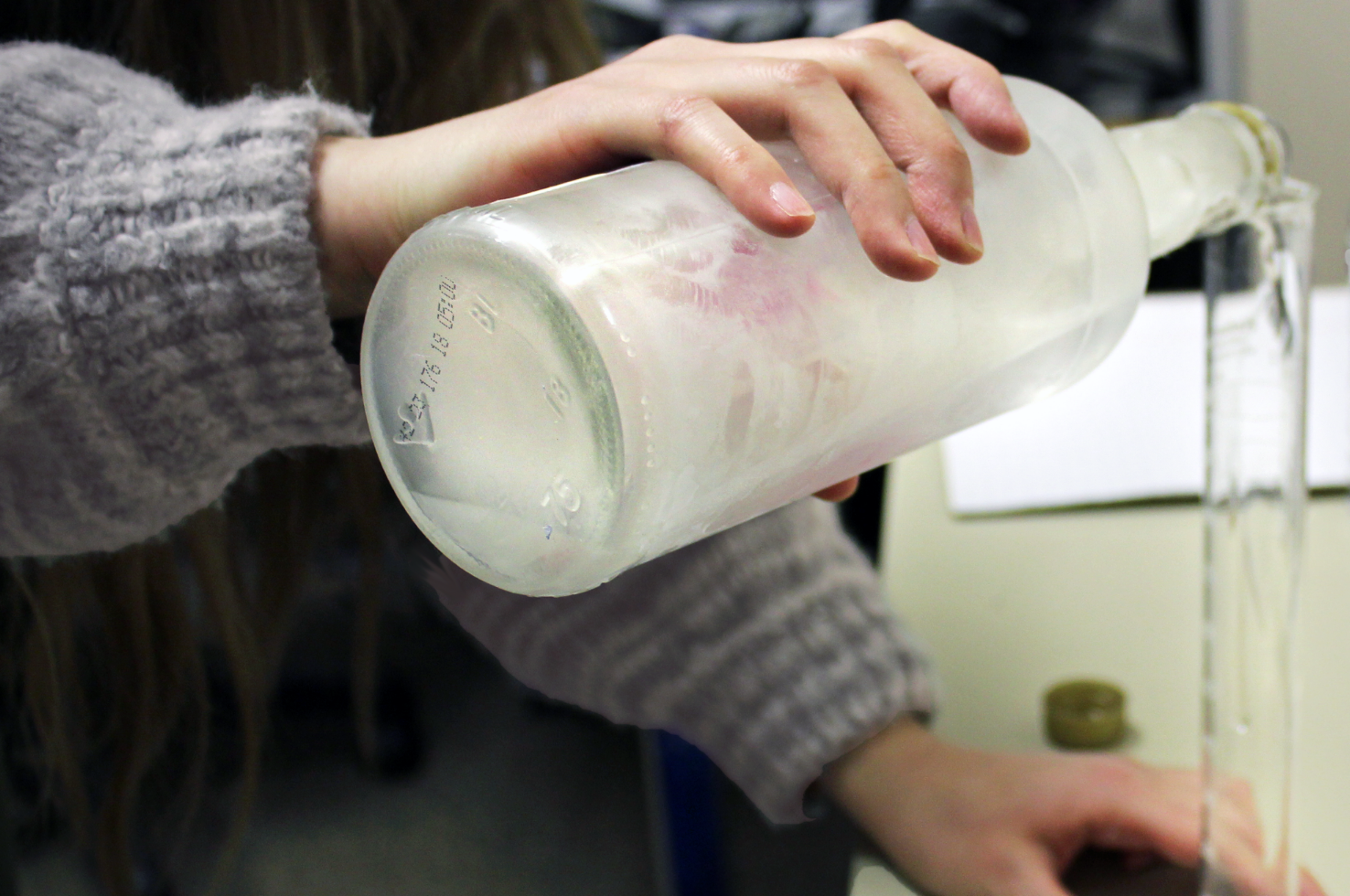New Research on the Social Determinants of Risk for Alcohol Use Disorder

Pitt Psychiatry investigators have examined the social determinants of risk for alcohol use disorder among Black drinkers, who have elevated rates of alcohol-related health problems and mortality compared to White drinkers. Sarah Pedersen, PhD (Associate Professor of Psychiatry and Psychology); Traci Kennedy, PhD (Assistant Professor of Psychiatry); Jordan Holmes, BA, (Research Project Assistant); and Brooke Molina, PhD (Professor of Psychiatry, Psychology and Pediatrics), examined associations between stress and alcohol craving among Black and White drinkers during a ten-day period, hypothesizing that Black drinkers would report higher stress than White drinkers, and that among this group the association between stress and alcohol craving would be comparatively higher.
“Structural racism and acute discrimination experiences increase chronic stress load for individuals with minoritized racial identities. Over time, this could increase alcohol craving when an individual is acutely feeling stressed,” said Dr. Pedersen, the study’s corresponding author.
The scientists tracked 229 drinkers who identified as either ‘African American or Black’ or ‘European American or White.’ Study participants completed two laboratory beverage administration sessions approximately one week apart, and subsequently began a smart phone-based ecological momentary assessment protocol over a maximum of ten days to report sleep, acute stress, and alcohol cravings.
Results from the study showed that associations between perceived stress and craving were stronger for Black than White drinkers. “Our findings indicate the importance of stress as a contributor to inequities in alcohol-related outcomes for Black individuals. Additional research integrating chronic stress exposures and stress reactivity is needed,” said Dr. Pedersen.
Momentary associations between stress and alcohol craving in the naturalistic environment: differential associations for Black and White young adults
Pedersen SL, Kennedy TM, Holmes J, Molina BSG
Addiction. 2021;1–11. https://doi.org/10.1111/add.15740
